In a world, where everything is moving faster and faster, many governments, frustrated at the time taken to negotiate preferential agreements within the World Trade Organisation, have elected instead to establish regional trading blocs.

What is a Trading Bloc?
A trading bloc is a group of nations that have agreed to reduce or remove protectionist policies amongst themselves. However, they maintain a tariff of duties and non-tariff barriers against outsiders.
Types of Trading Blocs
The four main types of trading bloc are free trade areas, customs unions, common markets, and monetary unions.
Free trade areas, where member countries agree to remove or reduce tariff and non-tariff barriers amongst themselves, but each country maintains its own set of trade restrictions against countries outside the bloc.
A customs union is more integrated than a free trade area. In addition to removing tariff and non-tariff barriers amongst themselves, the members of a customs union also impose a common set of trade restrictions on non-member countries.
A common market has all the characteristics of a customs union but takes it one step further by allowing the free movement of goods, services, labour, and capital amongst its member countries, as well as imposing a common set of trade restrictions on non-member countries.
A monetary union is the most integrated of the various forms of trading bloc and can be viewed as a common market that not only permits the free movement of goods, services, labour, and capital amongst its members but has even adopted the same currency, interest rates and monetary policy.
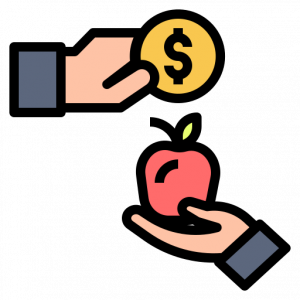
What does your Business Gain from Trading Blocs?
When trade barriers drop, manufacturers in different countries compete with each other directly. That forces them to become increasingly efficient in order to keep or grow their market share. Consumers benefit because more products become more widely available, at cheaper prices. Competition reduces prices, giving consumers better value for their money. As prices go down, consumers can buy more, which boosts the economy.
Different countries have different strengths, such as an educated workforce, access to raw materials or lots of farmland. Partners in a trade bloc can specialize in what they do best, knowing they can sell their output to other nations. Specialization enables companies to grow and develop economies of scale, which makes them more efficient. The growth in trade and sales can lead to growth in jobs.
Trading blocs can play a vital role in your export endeavours. Create your free profile on the TFSA School of Export to access our free courses for more information to help you make your export business a success.
To sign up to the School of Export CLICK HERE.
If you already have a profile, CLICK HERE to login to begin the module.
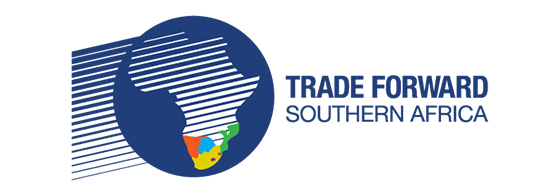
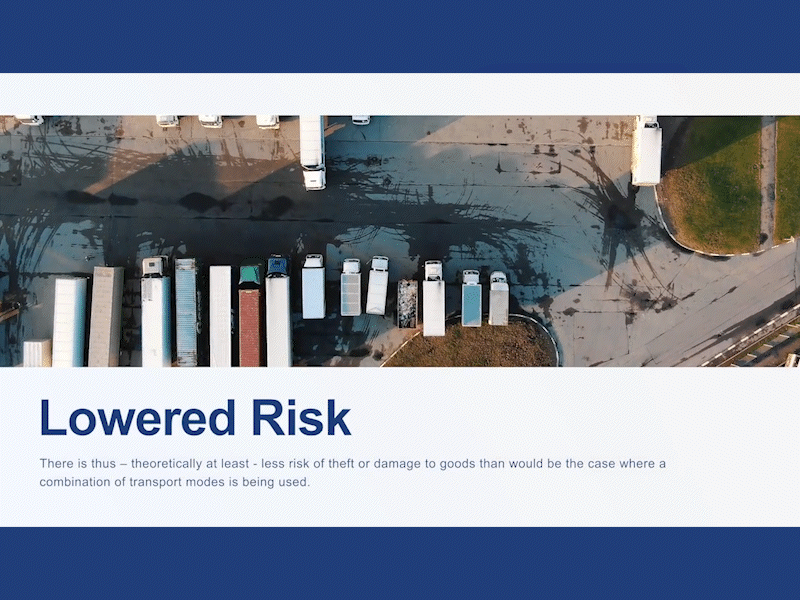
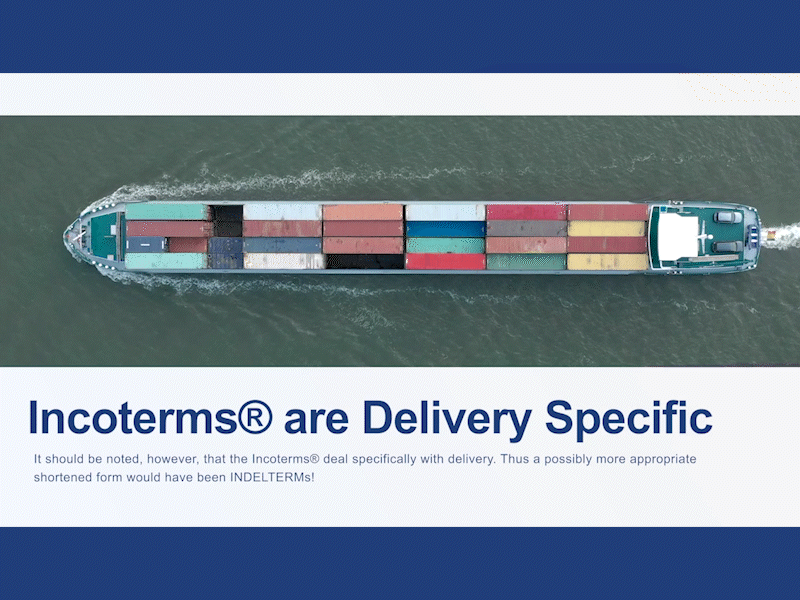
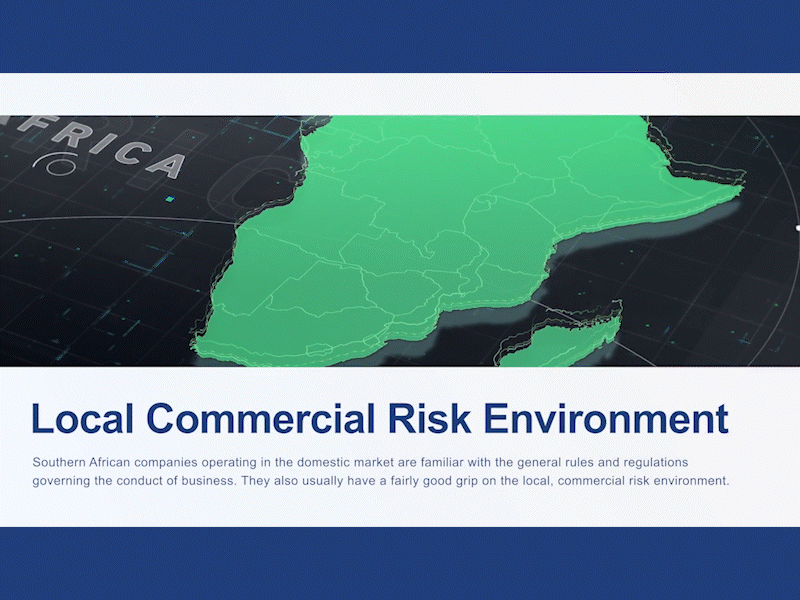
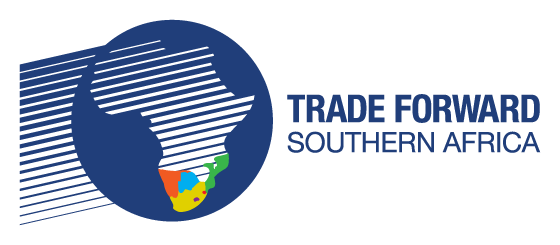
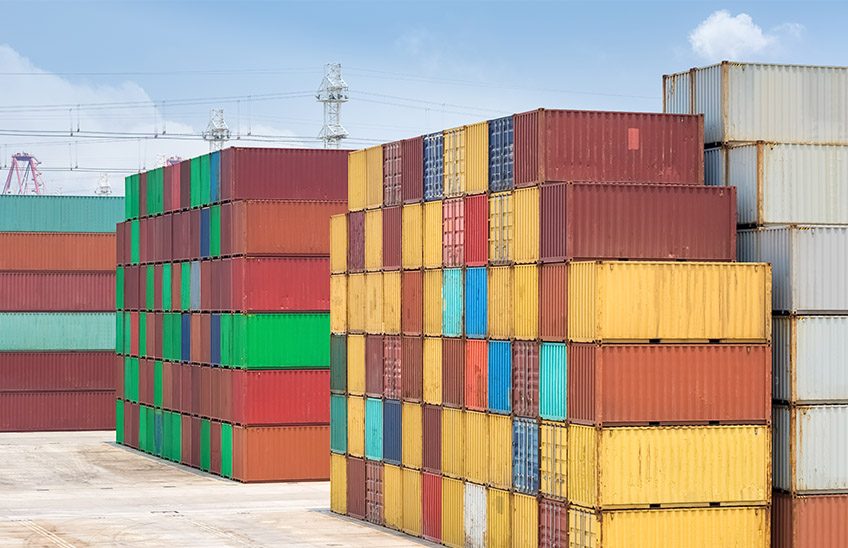




Leave a Reply